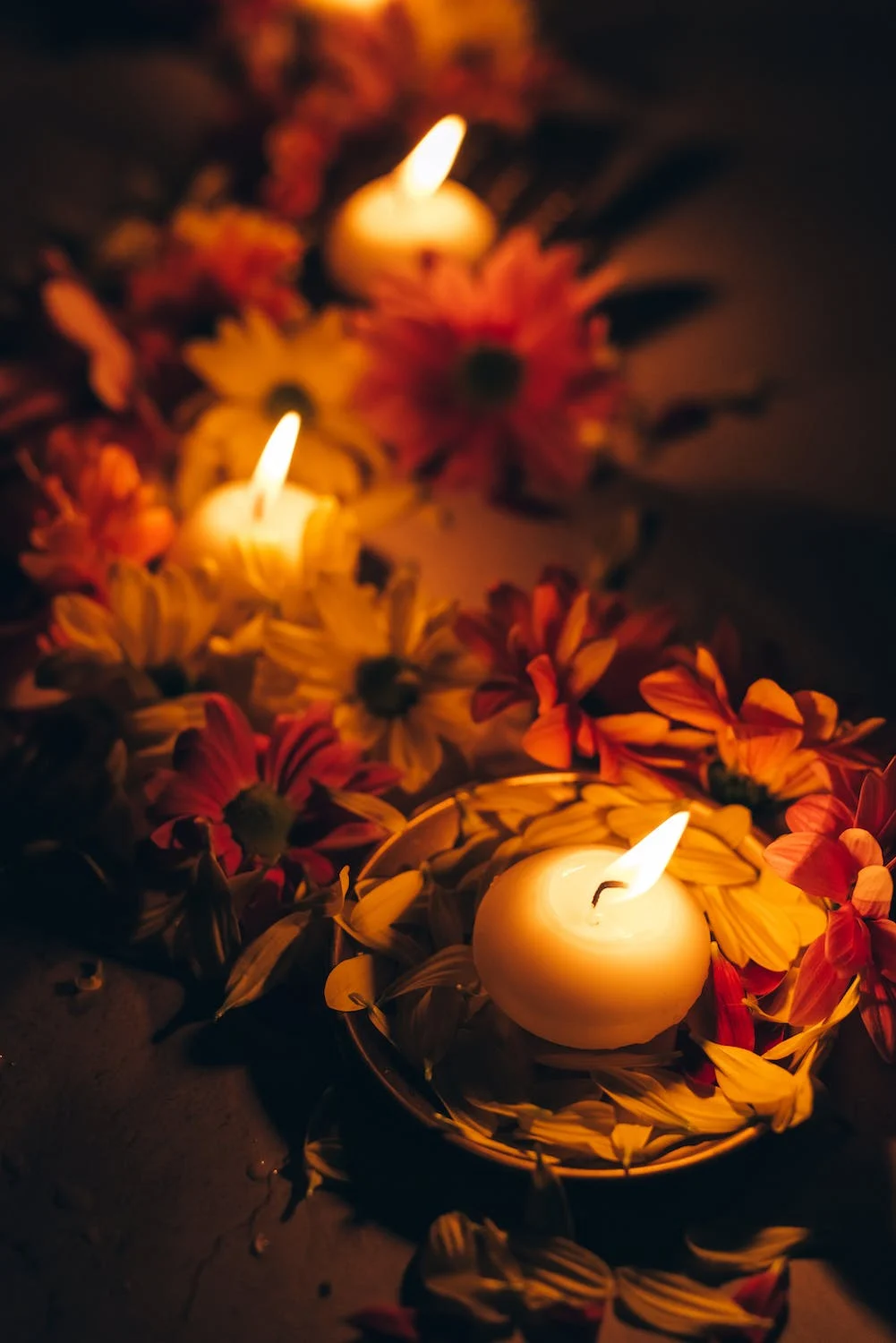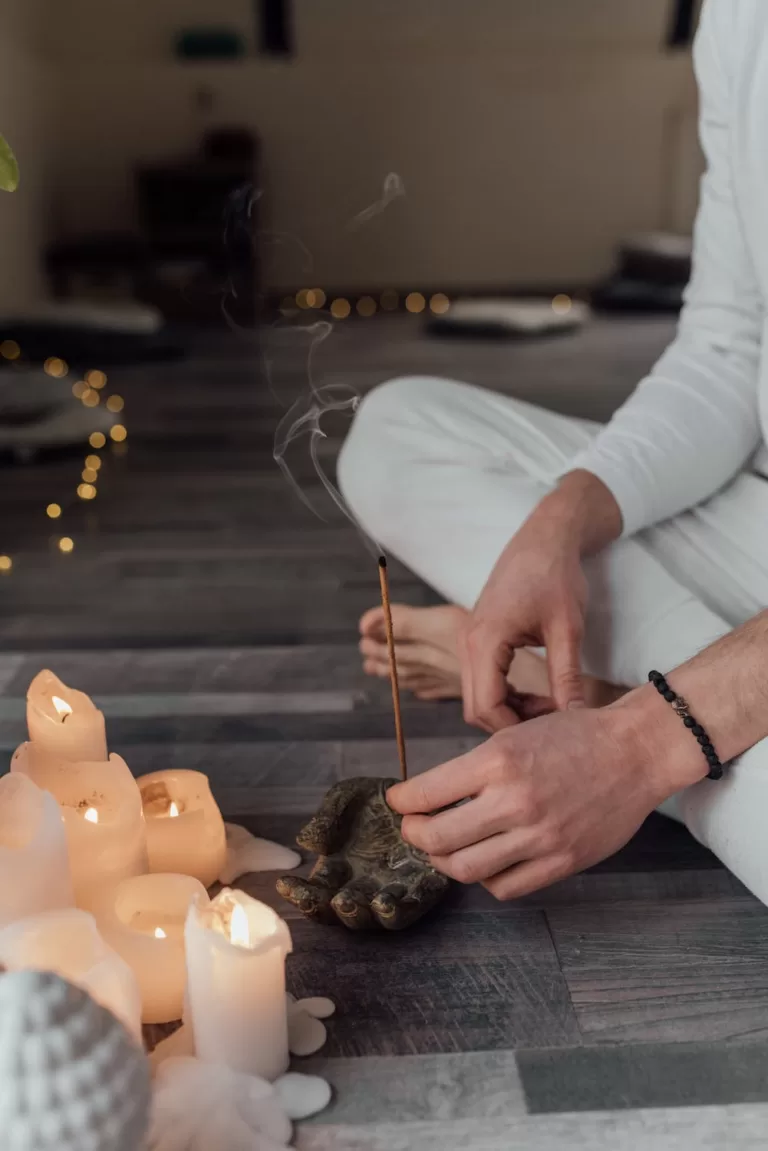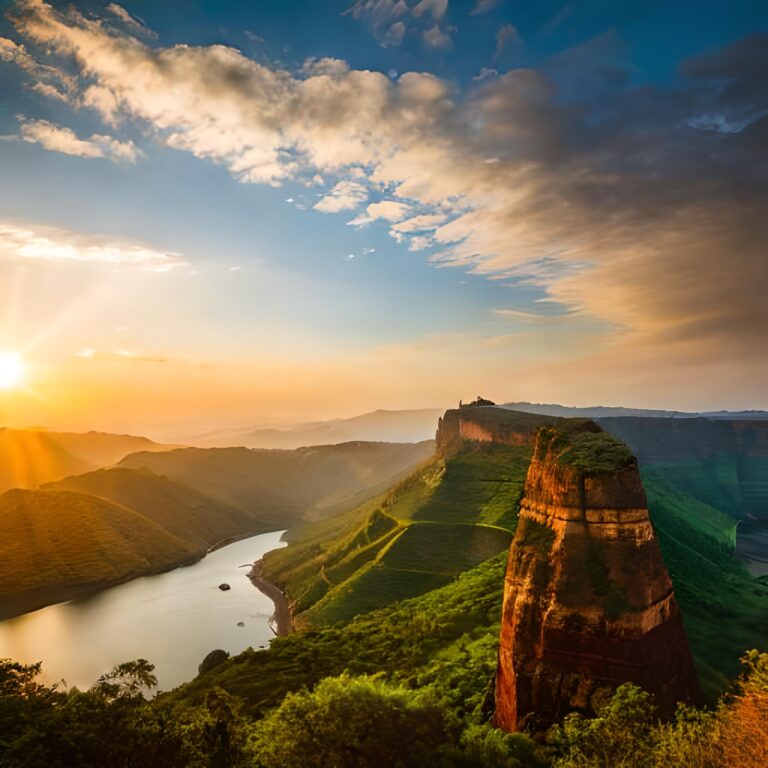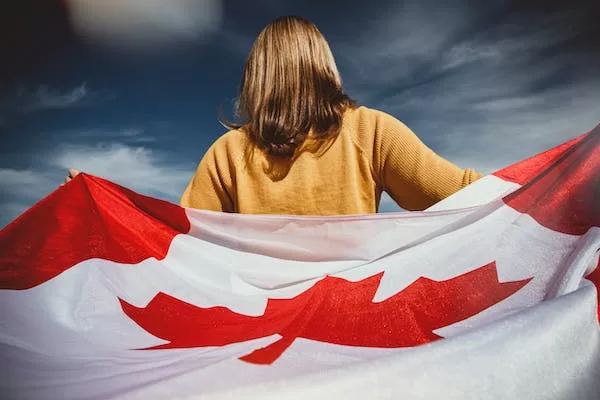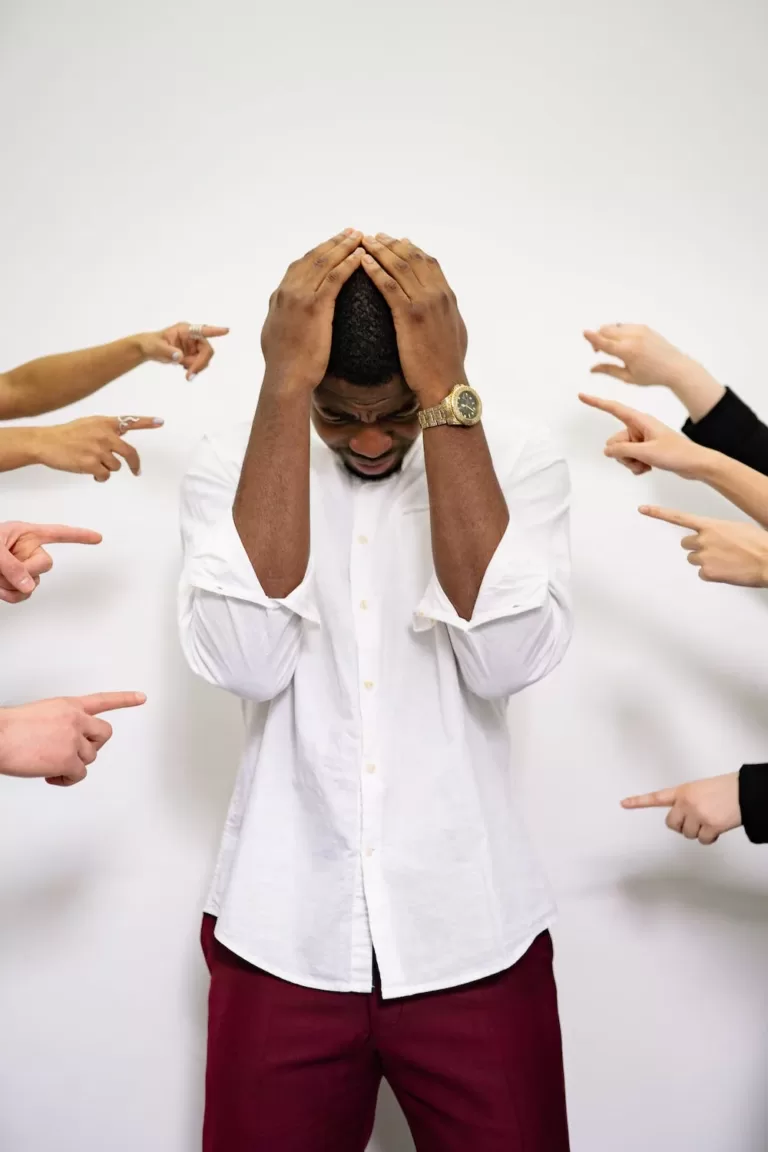Unveiling Diwali 2023
Diwali, also known as the “festival of lights”, is the biggest and brightest festival in India. It symbolizes the spiritual victory of light over darkness, good over evil, and knowledge over ignorance. The grandeur of Diwali is truly a magical spectacle to behold.
Diwali is celebrated over 5 days and is one of the most awaited and prominent festivals across the country. It is celebrated by over a billion Indians worldwide every year in October or November. The excitement and enthusiastic fervor gripping the country around Diwali is simply incomparable to any other festival.
The exhilarating firecrackers, brightly lit diyas (earthen lamps), colorful rangolis (floor decorations), exchanges of sweets, new clothes shopping, and fragrant feasts make Diwali a larger than life experience. It is a time for family reunions, celebrations, drawing rangolis, doing puja (prayers), lighting up homes and streets, and partaking in mouthwatering delicacies and sweets.
For Indians around the world, Diwali marks a special time to honor age-old traditions and welcome prosperity and happiness. The rich legends, meanings, rituals, and preparations around Diwali all come together to make it an unforgettable part of Indian culture.
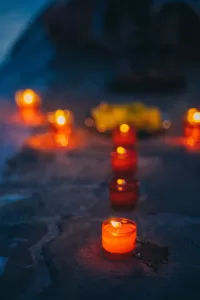 Legend Behind Diwali
Legend Behind Diwali
Diwali is associated with many stories and has origins in ancient Hindu texts. Two legendary tales stand out as most strongly linked to the essence of Diwali.
Return of Lord Rama
The more popular legend behind Diwali originates from the Ramayana epic. According to the tale, Lord Rama returns home to Ayodhya with his wife Sita and brother Lakshmana after a 14 year exile and defeating the demon king Ravana. The people of Ayodhya decorate the entire kingdom with diyas (earthen lamps) and burst crackers to celebrate the return of their beloved prince.
When Lord Rama, Sita and Lakshmana returned, the people of Ayodhya lit up the entire kingdom to dispel the darkness and gloom and welcome the royal family. They ushered in light, hope and happiness after 14 years of suffering under Ravana’s rule. This legend is at the heart of Diwali celebrations and the victory of good over evil.
Return of Pandavas
According to the Mahabharata, the 5 Pandava brothers return home after 12 years of exile and one year of anonymity imposed by their rivals, the Kauravas. When the Pandavas return, the people of their kingdom Hastinapura light up hundreds of earthen lamps to welcome the rightful heirs to the throne.
After enduring their trials and tribulations, the people celebrate the return of the Pandavas and the triumph of truth. The Pandava’s return symbolizes the power of morality, truth and devotion. Their homecoming marks the abolition of evil and the reinstatement of justice.
Significance of Diwali in Indian Culture
Over the centuries, Diwali has become embedded in Indian culture and infused with rich meanings. The festival signifies the following:
Victory of Light Over Darkness
Each of the legends behind Diwali signifies the victory of light over darkness, good over evil, hope over despair, and knowledge over ignorance. Lighting lamps and candles across homes represents the supremacy of illumination after a long period of darkness.
Triumph of Good Over Evil
The various tales behind Diwali celebrate the triumph of good over evil – whether it is Lord Rama defeating Ravana or the Pandavas getting their rightful kingdom back. The festival marks the abolishment of evil powers by virtuous forces.
Beginning of New Year
For many Indians, Diwali also represents the start of the new year. It signifies new beginnings, prosperity and luck. Many businesses open new accounts books and pray for success at the start of the new year that Diwali signifies.
Celebration of Wealth and Prosperity
Diwali is associated with wealth, prosperity and fortune. It represents bountiful harvests and ushers in new wealth for Indian households. It is considered an auspicious time for buying expensive items like gold, silver, cars, and property.
Significance for Merchants and Businesses
Diwali holds special importance for merchants and businesspeople. The day of Lakshmi Puja is deemed the most auspicious for buying gold and seeking the blessings of Goddess Lakshmi to usher in wealth and prosperity.
Homecomings and Bonding
Diwali is a time for friends, family and relatives to come together. People decorate homes, prepare feasts and pray together. It signifies bonding and togetherness and reaffirming family ties.
Celebration of Knowledge
Diwali also represents knowledge overcoming ignorance. Light represents sacred knowledge, while darkness signifies ignorance. Diwali inspires seeking knowledge and dispelling ignorance.
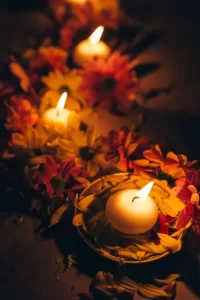 How Diwali is Celebrated Across India
How Diwali is Celebrated Across India
While celebrated enthusiastically all over India, Diwali festivities in different regions have their own traditions, rituals, customs and significance. Here’s an overview of Diwali celebrations around India:
North India
In northern India, Diwali festivities start with Dhanteras where people buy gold, silver or utensils as a sign of prosperity and good fortune. The night of Diwali is the most significant, when homes are lit up with diyas, candles and colorful lights. People wear new clothes, worship Goddess Lakshmi, light up their homes, do fireworks and share sweets with friends and family. The day after Diwali is celebrated as Govardhan Puja and Bhai Dooj, marking brother-sister love.
South India
In southern states like Andhra Pradesh and Karnataka, Diwali festivities start with Naraka Chaturdasi, commemorating Lord Krishna’s victory over the demon Narakasura. People wake up early and take bath with oil massages before having a special breakfast. They prepare sweets and savories and light diyas before doing Lakshmi puja in the evening. Firecrackers are burst followed by a sumptuous feast.
Eastern India
In West Bengal, Diwali begins with Kali Puja to seek the blessings of Goddess Kali. Houses and temples are illuminated and night time aarti is done. Sweets like sandesh are made at home while others buy sweets from Balaram Mullick shops. The next day is Diwali when devotees worship Goddess Lakshmi and enjoy feast with friends and family. Many also celebrate by doing gambling which is allowed on Diwali.
Western India
In Gujarat, Diwali starts with Vasu Baras, the Gujarati new year. People buy new account books and perform puja of their books and finances. Some do puja of vehicles as Diwali also celebrates Lord Krishna’s victory over the demon Narakasura who had imprisoned 16,000 girls in his palace. Diwali is celebrated with rangoli, diyas, sweets, fireworks and prayers to Goddess Lakshmi.
Diwali in different regions have their own distinct flavor but the essence of lighting diyas, celebrations with family and praying for prosperity remain at the core of all observances.
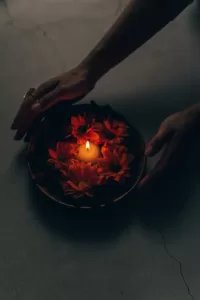 Common Diwali Traditions and Rituals
Common Diwali Traditions and Rituals
While celebrations vary, there are common Diwali rituals and traditions that bind Indians across the country:
- Lighting small and big diyas inside and outside homes to mark victory of light over darkness.
- Lighting candles and clay lamps on rooftoops, windows and doorsills and drawing rangolis at the main entrance.
- Doing Laskshmi puja at dusk to seek blessings of the Goddess of wealth, fortune and prosperity.
- Waking up early, taking scented baths, wearing new clothes, exchanging gifts, doing prayers.
- Preparing and sharing lavish feasts and sweets like barfi, kheer, shankarpali with family and friends.
- Bursting firecrackers and having colorful light displays on Diwali night.
- Decorating homes with marigold flowers and doing thorough cleaning or whitewashing of houses.
- Extending Diwali greetings and sweet boxes to friends, family, colleagues, neighbors.
- Performing other pujas like Saraswati puja for knowledge, Durga puja in West Bengal.
- Playing card games like teen patti or gambling as part of the Diwali revelries.
- Going shopping for jewelry, gold, silver items, new utensils, homes, vehicles that are deemed auspicious.
- Watching Laxmi Puja live from Siddhivinayak Temple and other temples.
Age-old rituals like early morning oil baths, wearing new traditional clothes, holidays from work and studies, exchanging Mithai and decorating homes infuse the festival with tradition. These rituals renew cultural and social ties across generations of Indians.
Diwali Dos and Dont’s
Alongwith the infectious enthusiasm for celebrating Diwali, comes many dos and don’ts to follow on this auspicious occasion:
Diwali Dos
- Light up your home with diyas and colorful decorations to welcome prosperity.
- Do thorough cleaning and purchase new items for the home before Diwali.
- Wear new clothes and jewelry to align with the essence of new beginnings.
- Prepare and share traditional sweets and delicacies with your loved ones.
- Extend Diwali wishes, sweet boxes and gifts to friends, colleagues and relatives.
- Wake up early and do Lakshmi puja in the evening on Diwali day; offer bhog prasad.
- Be generous in giving gifts or money to children, employees, the needy during Diwali.
- Use eco-friendly materials like paper lanterns, organic colors in rangolis, non toxic fireworks.
- Follow social distancing, hygiene and safety protocols if stepping out for shopping.
Diwali Dont’s
- Avoid non vegetarian foods, alcohol and certain grains during Laxmi Puja on Diwali.
- Don’t begin new ventures, travel or move into a new home during the Diwali period due to inauspicious Muhurat.
- Avoid bursting dangerous firecrackers that can cause noise and air pollution.
- Don’t overspend and gamble beyond your means out of indulgence during Diwali.
- Don’t clean wet waste on Lakshmi Puja day; take bath before Laxmi puja.
- Avoid indiscriminate use of electricity to prevent fire hazards and overload on the grid.
- Don’t wear dull and worn out clothes while doing the Diwali puja.
- Refrain from arguing or using foul language during Diwali to maintain harmony.
- Avoid purchasing gold on Dhanteras if your zodiac sign clashes with it that year.
The dos and don’ts highlight the practices to maximize the divine blessings and good fortune of Diwali as it is meant to be a joyous, prosperous time for all.
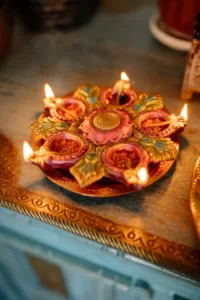 How Diwali Brings Joy and Happiness for Indians
How Diwali Brings Joy and Happiness for Indians
There are many elements that make Diwali an occasion bringing unmatched joy and happiness across the country.
Togetherness and Bonding
Diwali brings a sense of togetherness as families reunite and bond over celebrations, prayers and feasts. Relatives visit each other, exchange gifts and create new memories. The young and old celebrate together and it becomes a community celebration cementing social ties.
Illumination and Vibrancy
The explosion of lights, firecrackers, rangolis and electricity lights up the night sky and brings unparalleled vibrancy. Houses dazzle with endless diyas and fairy lights and cities are ablaze with flashes of light and revelry.
Prosperity and Abundance
With prayers offered to Goddess Lakshmi and Lord Ganesha, the bringer of auspiciousness, Diwali ushers in a renewed sense of prosperity and abundance. People feel hopeful for the coming year. It is deemed the perfect time to start new ventures or make expensive purchases.
Delicious Feasts and Desserts
The sights, sounds and scents of Diwali make it special. Aromatic desserts like gujiyas, shankarpalis, barfis and spicy snacks like chaklis, chivdas, dryfruit chikkis are prepared in every household. The feasts bring families together to share food and laughs.
Ethnic Fashion
Diwali inspires celebrations with panache. New colorful lehengas, saris, kurtas and jewellery are purchased to dress up and look vibrant. Traditional avatar during festivals makes the nostalgia more real.
Kindness and Charity
Diwali evokes compassion and kindness. People share abundance by giving money or gifts to the underprivileged. Cows are fed sweets and money. This charity makes Diwali meaningful.
Cultural Significance
The legends, traditions, rituals infuse the festival with profound cultural meaning for Indians. Diwali revelry is incomplete without the culture, stories and spirituality surrounding it.
Thrilling Fireworks
The exciting fireworks and booming crackers add exhilaration to Diwali nights. Young or old, everyone anticipates the crackling fireworks lighting up the sky with colors and patterns. It adds grandeur along with lights.
Marking Milestones
Diwali acquires a personal significance when celebrating key milestones like moving into a new home or achieving big feats with loved ones. These memories with families make the festival evermore memorable.
The beautiful confluence of illumination, celebrations, prosperity, cultural meaning and community bonding makes Diwali such an extraordinary festival full of joy and happiness for Indians worldwide. The positivity, optimism and radiance of the festival bring out the best in people and culture. Diwali celebrations resonate with the vibrant soul of India. The good cheer is felt long after the festival lights have gone out and transitions into the new year ahead.
Key Diwali Dates for 2023
- Dhanteras – Friday, November 10, 2023
- Naraka Chaturdashi – Saturday, November 11, 2023
- Diwali – Sunday, November 12, 2023
- Padwa – Monday, November 13, 2023
- Bhai Dooj – Tuesday, November 14, 2023
